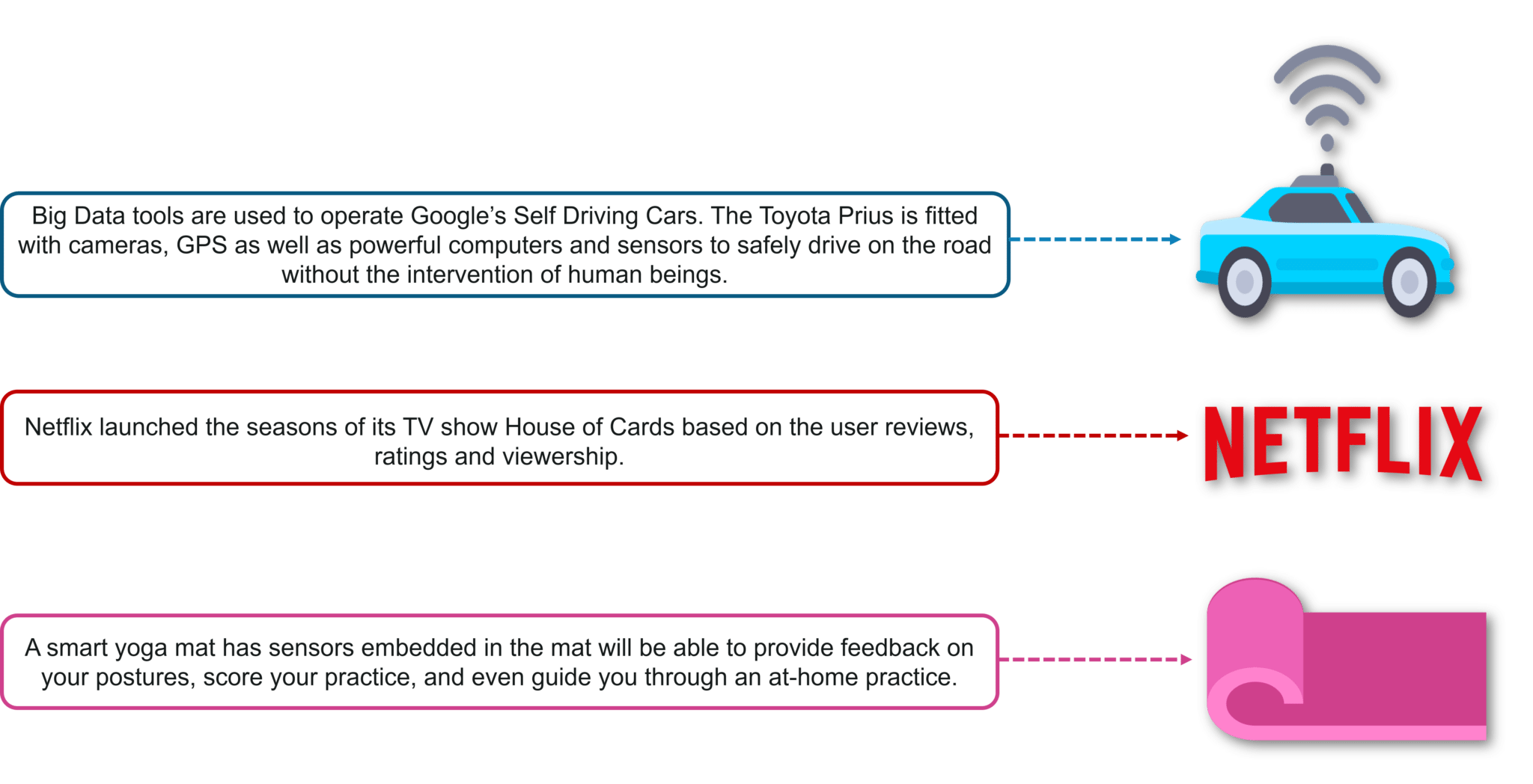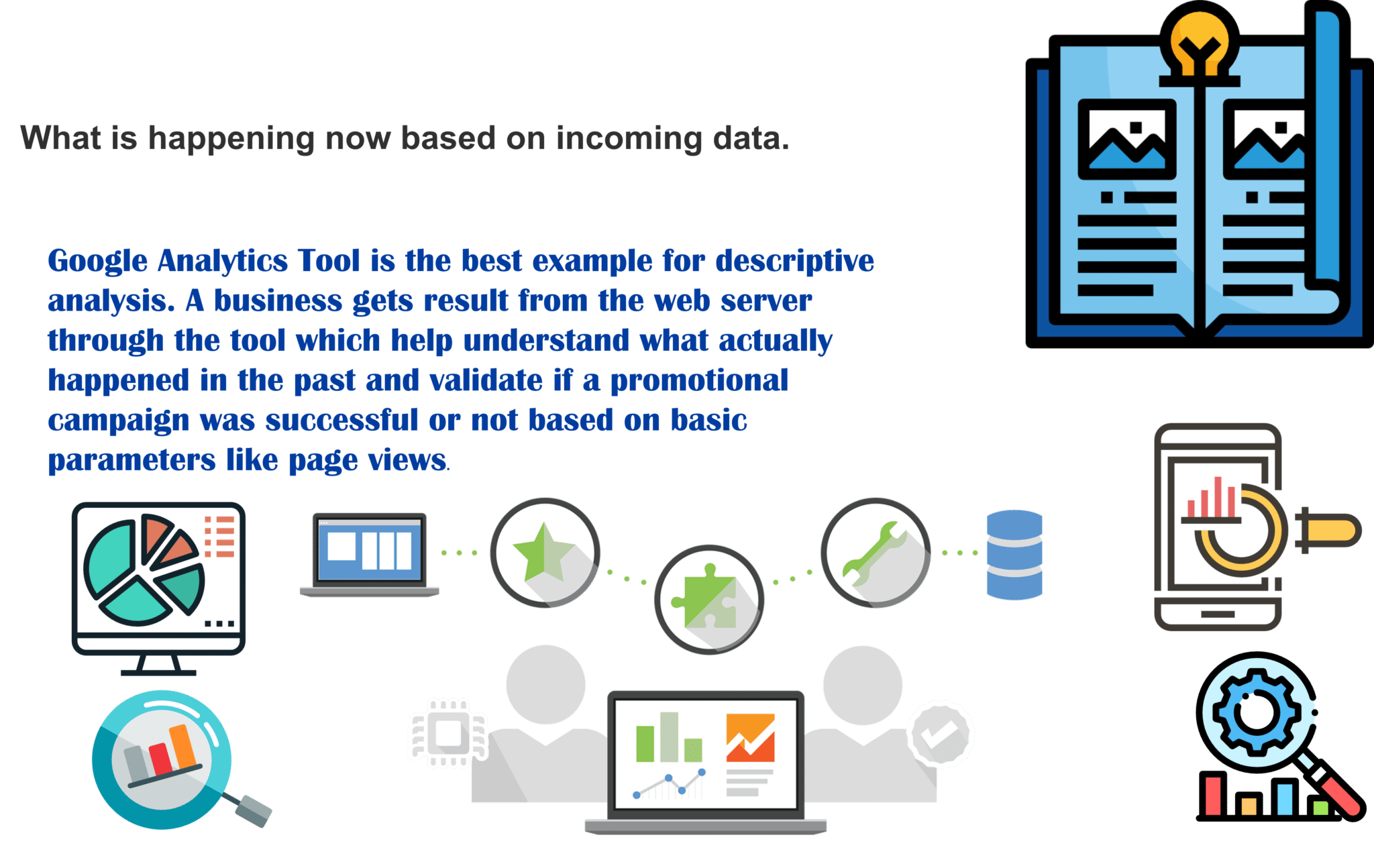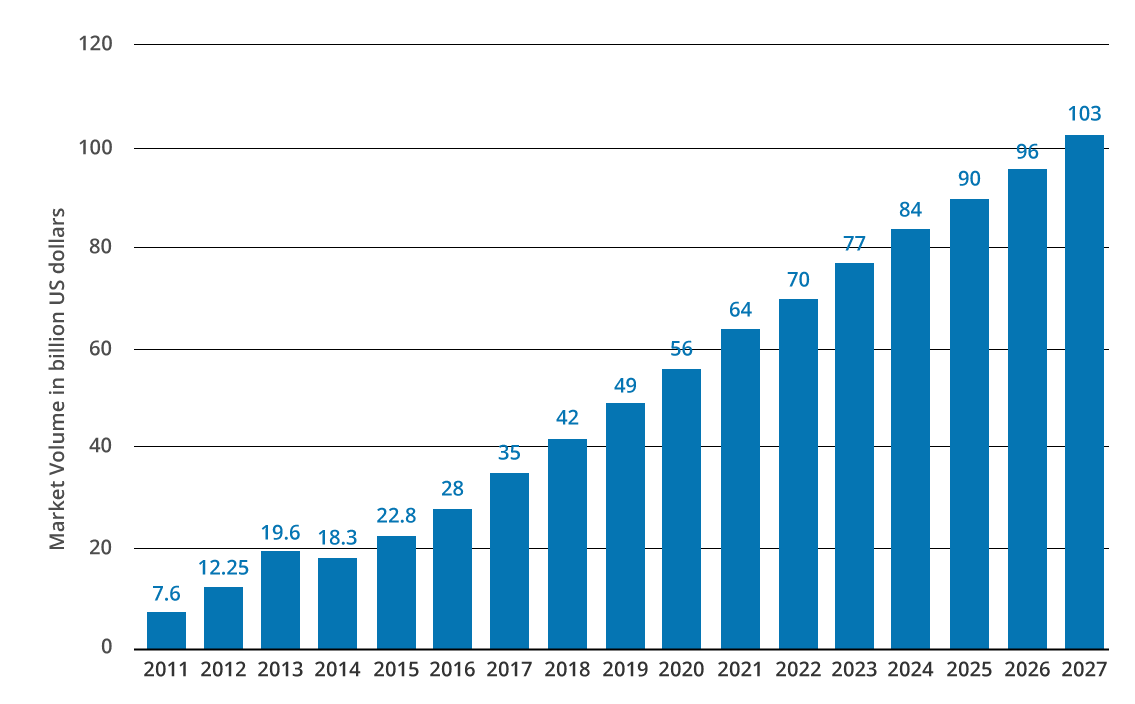Azure Data Engineer Associate Certification C ...
- 2k Enrolled Learners
- Weekend
- Live Class
Just like the entire universe and our galaxy is said to have formed due to the Big Bang explosion, similarly, due to so many technological advancements, data has also been growing exponentially leading to the Big Data explosion. In this blog, you will get deep learning about Big Data Analytics and its application. This data comes in from various sources, has different formats, is generated at a variable rate, and may also contain inconsistencies. Thus, we can simply term the explosion of such data as Big Data. I will be explaining the following topics in this blog to give you insights into Big Data Analysis :
Before I jump on to tell you about what is Big Data Analytics, let me tell you guys about why it is needed. Let me also reveal to you guys that we create about 2.5 quintillion bytes of data every day! So now that we have accumulated Big Data, neither can we ignore it nor can we let it stay idle and make it go to waste.
Various organizations and sectors all across the globe started adopting Data Analysis in order to gain numerous benefits. Analyze Big Data gives insights which many companies are turning into actions and making huge profits as well as discoveries. I am going to list down four such reasons along with interesting examples. Learn more about Big Data from this Big Data Course.
The first reason is,

 Most organisations use behavioural analytics of customers in order to provide customer satisfaction and hence, increase their customer base. The best example of this is Amazon. Amazon is one of the best and most widely used e-commerce websites with a customer base of about 300 million. They use customer click-stream data and historical purchase data to provide them with customized results on customized web pages. Analysing the clicks of every visitor on their website aids them in understanding their site-navigation behaviour, paths the user took to buy the product, paths that led them to leave the site and more. All this information helps Amazon to improve their user experience, thereby improving their sales and marketing.
Most organisations use behavioural analytics of customers in order to provide customer satisfaction and hence, increase their customer base. The best example of this is Amazon. Amazon is one of the best and most widely used e-commerce websites with a customer base of about 300 million. They use customer click-stream data and historical purchase data to provide them with customized results on customized web pages. Analysing the clicks of every visitor on their website aids them in understanding their site-navigation behaviour, paths the user took to buy the product, paths that led them to leave the site and more. All this information helps Amazon to improve their user experience, thereby improving their sales and marketing. Big Data technologies and technological advancements like cloud computing bring significant cost advantages when it comes to store and process Big Data. Let me tell you how healthcare utilizes Big Data Analytics to reduce their costs. Patients nowadays are using new sensor devices when at home or outside, which send constant streams of data that can be monitored and analysed in real-time to help patients avoid hospitalization by self-managing their conditions. For hospitalized patients, physicians can use predictive analytics to optimize outcomes and reduce readmissions. Parkland Hospital uses analytics and predictive modelling to identify high-risk patients and predict likely outcomes once patients are sent home. As a result, Parkland reduced 30-day readmissions for patients with heart failure, by 31%, saving $500,000 annually.
Big Data technologies and technological advancements like cloud computing bring significant cost advantages when it comes to store and process Big Data. Let me tell you how healthcare utilizes Big Data Analytics to reduce their costs. Patients nowadays are using new sensor devices when at home or outside, which send constant streams of data that can be monitored and analysed in real-time to help patients avoid hospitalization by self-managing their conditions. For hospitalized patients, physicians can use predictive analytics to optimize outcomes and reduce readmissions. Parkland Hospital uses analytics and predictive modelling to identify high-risk patients and predict likely outcomes once patients are sent home. As a result, Parkland reduced 30-day readmissions for patients with heart failure, by 31%, saving $500,000 annually. New Generation Products
With the ability to gauge customer needs and satisfaction through analytics, comes the power to give customers what they want. I have found three such interesting products to cite here.  First, Google’s self-driving car which makes millions of calculations on every trip that help the car decide when and where to turn, whether to slow down or speed up and when to change lanes — the same decisions a human driver makes behind the wheel.
First, Google’s self-driving car which makes millions of calculations on every trip that help the car decide when and where to turn, whether to slow down or speed up and when to change lanes — the same decisions a human driver makes behind the wheel.
The second one is Netflix which committed for two seasons of its extremely popular show House of Cards, by completely trusting Big Data Analytics! Last year, Netflix grew its US subscriber base by 10% and added nearly 20 million subscribers from around the globe.
The third example is one of the really cool new things I have come across, is a smart yoga mat. The first time you use your Smart Mat, it will take you through a series of movements to calibrate your body shape, size and personal limitations. This personal profile information is stored in your Smart Mat App and will help Smart Mat detect when you’re out of alignment or balance. Over time, it will automatically evolve with updated data as you improve your Yoga practice.
Now let us formally define “What is Big Data Analytics?” It examines large and different types of data to uncover hidden patterns, correlations and other insights. Basically, Analyzing Big Data is largely used by companies to facilitate their growth and development. This majorly involves applying various data mining algorithms on the given set of data, which will then aid them in better decision-making. There are number of Big Data Analytics tools used to analyze the data fast and accurately. Hadoop, Pig, Apache Spark are some of the big data analysis tools, you must know. You can also learn about the Big data Tools with real time project experience with this Big Data Analytics Courses and also from this Big Data Engineer Course
These are the following stages involved in this process:

Types of Big Data Analytics
There are four types of Big Data Analytics:




These are some of the following tools used for Big Data Analytics: Hadoop, Pig, Apache HBase, Apache Spark, Talend, Splunk, Apache Hive, Kafka.


The first use case that I have taken here is of Starbucks.

The second use case I want to share with you guys is of Procter&Gamble.

The image below depicts the market revenue of Big Data in billion U.S. dollars from the year 2011 to 2027.

Here are some Facts and Statistics by Forbes:

Career prospects in Big Data Analytics:

These are some of the skills which are required depending upon the role in the field of Big Data Analytics :

Now that you know Big Data Analytics, check out the Hadoop Training in Delhi by Edureka, a trusted online learning company with a network of more than 250,000 satisfied learners spread across the globe. The Edureka Big Data Hadoop Certification Training course helps learners become expert in HDFS, Yarn, MapReduce, Pig, Hive, HBase, Oozie, Flume and Sqoop using real-time use cases on Retail, Social Media, Aviation, Tourism, Finance domain.
Got a question for us? Please mention it in the comments section and we will get back to you.
| Course Name | Date | |
|---|---|---|
| Big Data Hadoop Certification Training Course | Class Starts on 11th February,2023 11th February SAT&SUN (Weekend Batch) | View Details |
| Big Data Hadoop Certification Training Course | Class Starts on 8th April,2023 8th April SAT&SUN (Weekend Batch) | View Details |
 REGISTER FOR FREE WEBINAR
REGISTER FOR FREE WEBINAR  Thank you for registering Join Edureka Meetup community for 100+ Free Webinars each month JOIN MEETUP GROUP
Thank you for registering Join Edureka Meetup community for 100+ Free Webinars each month JOIN MEETUP GROUP
edureka.co
